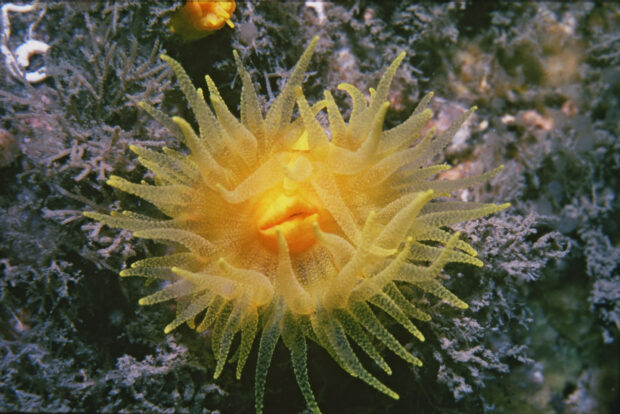Natural England opens-up seabed datasets by Hannah Ross.
From the post:
Following the Secretary of State’s announcement in June 2015 that Defra would become an open, data driven organisation we have been working hard at Natural England to start unlocking our rich collection of data. We have opened up 71 data sets, our first contribution to the #OpenDefra challenge to release 8000 sets of data by June 2016.
What is the data?
The data is primarily marine data which we commissioned to help identify marine protected areas (MPAs) and monitor their condition.
We hope that the publication of these data sets will help many people get a better understanding of:
- marine nature and its conservation and monitoring
- the location of habitats sensitive to human activities such as oil spills
- the environmental impact of a range of activities from fishing to the creation of large marinas
The data is available for download on the EMODnet Seabed Habitats website under the Open Government Licence and more information about the data can be found at DATA.GOV.UK.
This is just the start…
Throughout 2016 we will be opening up lots more of our data, from species records to data from aerial surveys.
We’d like to know what you think of our data; please take a look and let us know what you think at OpenData@naturalengland.org.uk.
Image: Sea anemone (sunset cup-coral), Copyright (CC by-nc-nd 2.0) Natural England/Roger Mitchell 1978.
Great new data source and looking forward to more.
A welcome layer on this data would be, where possible, identification of activities and people responsible for degradation of sea anemone habitats.
Sea anemones are quite beautiful but lack the ability to defend against human disruption of those environment.
Preventing disruption of sea anemone habitats is a step forward.
Discouraging those who practice disruption of sea anemone habitats is another.
